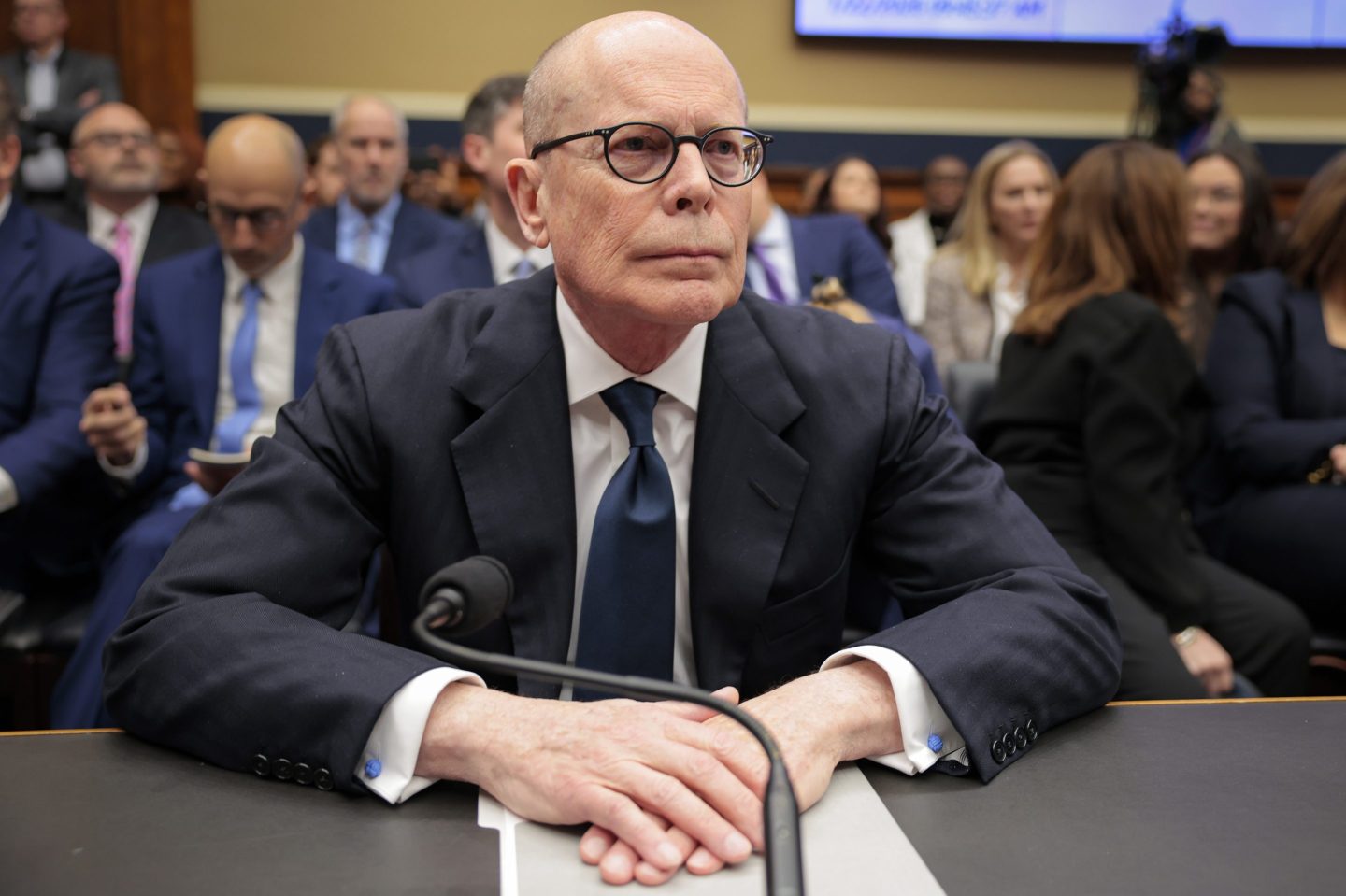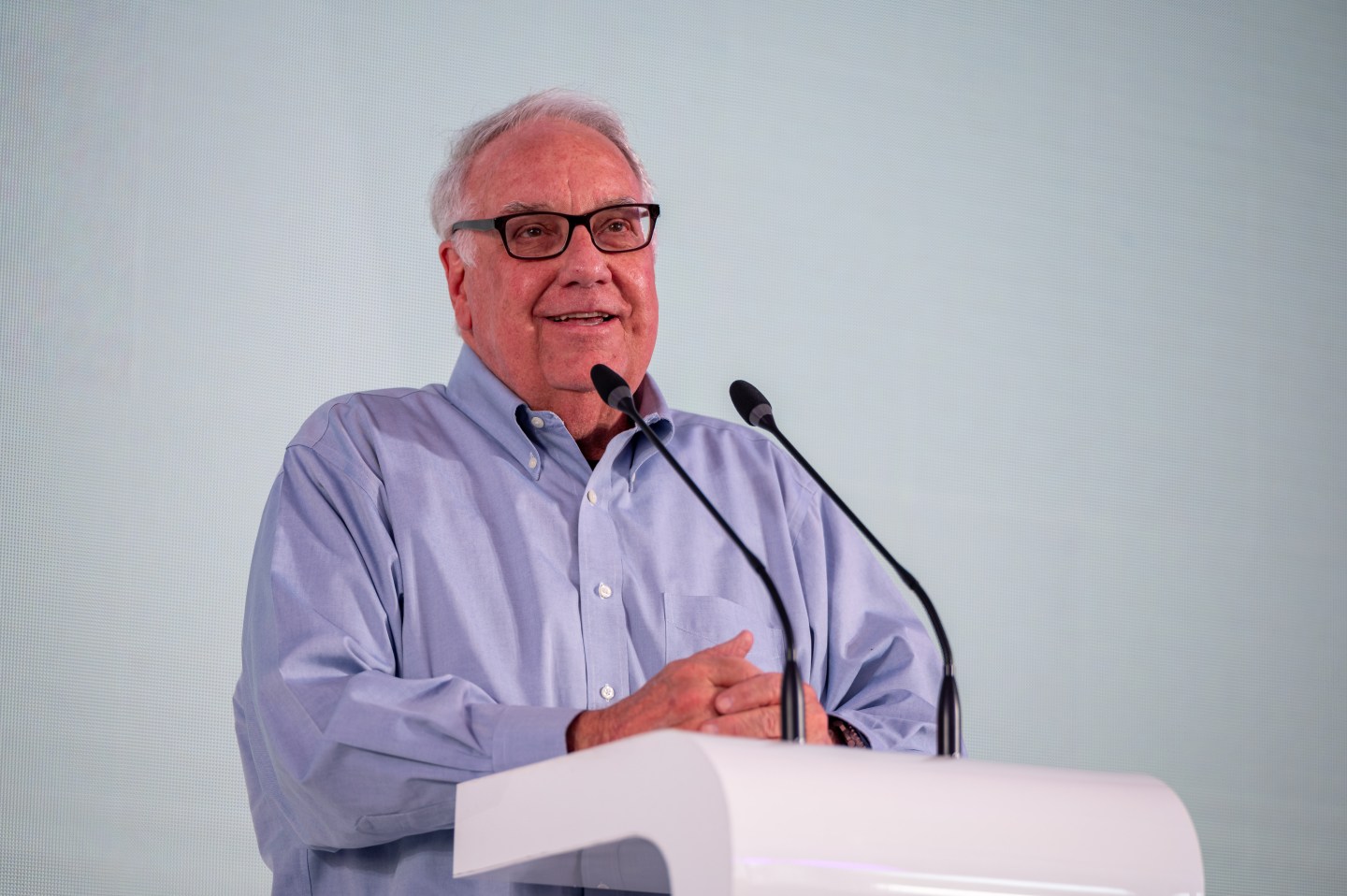When home prices rise, equity does too. And there’s been a lot of that. So it’s not so surprising that the amount of equity homeowners are sitting on leaped to an all-time high in the second quarter of this year. And the number itself has some shock value.
The total equity homeowners hold reached $35.1 trillion, an increase of $1.7 trillion from last quarter and a $3.1 trillion increase from the prior year, according to a Realtor.com analysis of data from the Federal Reserve. Equity is the highest it’s been since 1960; when measured as a proportion of all real estate value it amounts to nearly 73%. To compare, in 2012, in the aftermath of the Great Financial Crisis, equity as a share of real estate value was only about 46%. In much of the late 1990s and early 2000s, it hovered around 60% to 65%.
“It continues to mark a striking contrast to earlier periods,” the analysis states. “While concerns persist regarding housing market affordability, it’s evident that today’s households find themselves in a markedly different equity position compared to those in the 2000s.”
Simple translation: Buying a home at the moment is unaffordable for a lot of people, but owning a home at the moment makes you rich on paper—sort of. Last week, we learned that home prices rose 5% in July from a year ago: slower than we’re used to following the pandemic craze, but a hop nonetheless. In an accompanying analysis, Brian Luke, head of commodities, real and digital assets at S&P Dow Jones Indices, said it well: “The rich are getting richer in San Diego, Los Angeles, and San Francisco.”
Forget equity for a second. “The value of all homes owned by those living in them reached $48.2 trillion,” in the second quarter, the Realtor.com analysis said, “marking the highest total home values ever recorded.” It was around a $1.8 trillion increase from the last quarter and a $3.5 trillion increase from the previous year. “It is over double the value of real estate 10 years ago when the values were between $20 trillion and $22 trillion,” according to Realtor.com. It’s jaw-dropping.
And of course it’s not all equity. Mortgage debt rose, too, much less than in the pandemic housing boom when mortgage rates were wildly low, but more than in pre-pandemic years. In the second quarter, mortgage debt reached $13.1 trillion. But let’s get back to equity.
Even if home prices fall, which they almost never do, there’s enough equity to cushion that dip. The average equity for homeowners is roughly $267,000, so if home values dropped 10% overnight, as Realtor.com put it, equity would still be at almost 70%; a 20% decline would put equity at almost 66%. That’s higher than in the mid-2000s, in either scenario.
Moral of the story? If you own your home and are making payments, you’re more than fine. Million-dollar homes and trillion-dollar metros seem to be a great thing for homeowners, more so if they hold onto their properties. Even if you do sell, you have all that equity to tap into for your next purchase. However, a lot of homeowners are sitting still, not selling because they don’t want to lose a low mortgage rate, or they know whatever they’d buy wouldn’t necessarily compare to what they already have. Either way, I can’t say the same for anyone who wants to buy their first home. You know what you’re up against: ever-rising home prices and mortgage rates that still feel high.












